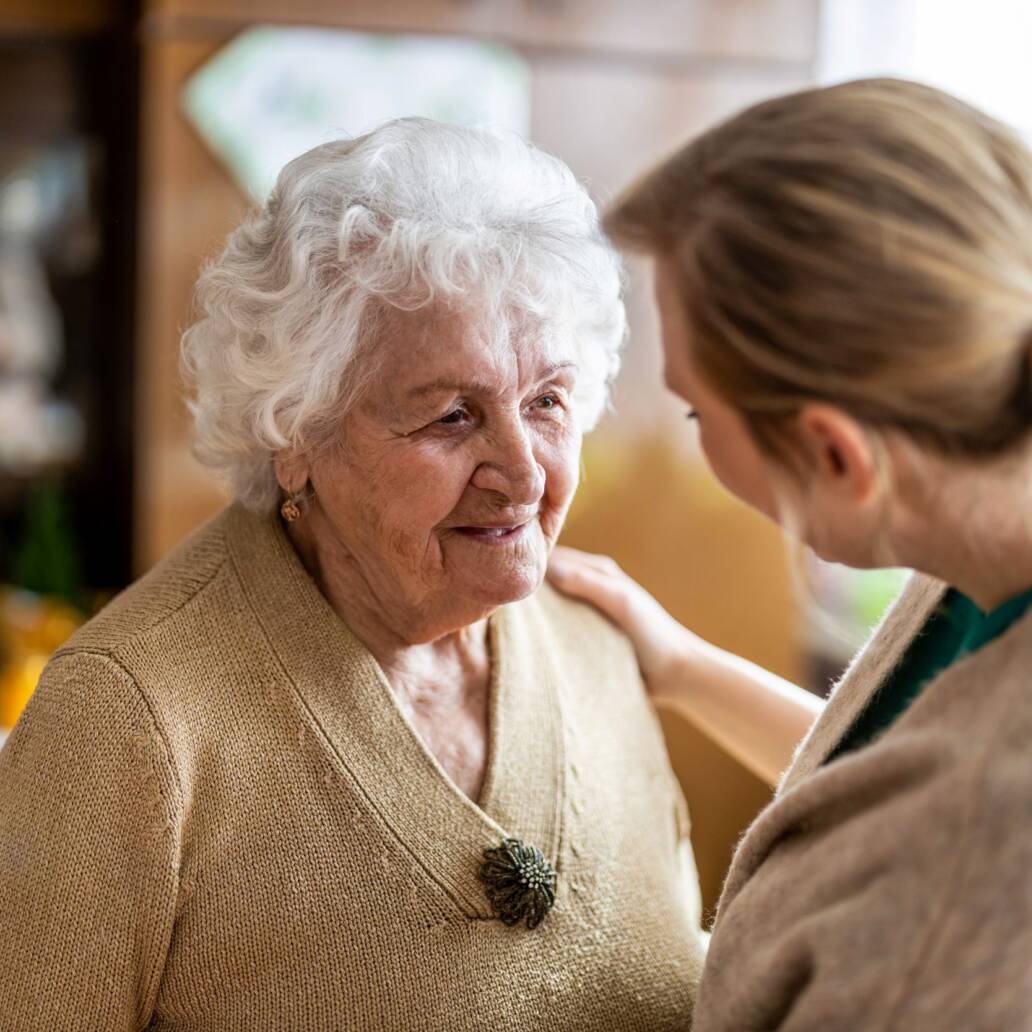The festive season is nearly upon us and with that brings much cheer, but unfortunately for some it can also bring up some uncomfortable feelings. When we think of parties and get togethers, some people tend to shy away from the festivities due to fears around bladder weakness or incontinence. Despite these fears, it is important for us to remember that these symptoms are more common than we think - 4.8 million Australians (1 in 5 people) experience some form of continence struggles in their lifetime. With these kinds of statistics, we need to ask ourselves why we are feeling shy, embarrassed or uncomfortable, and strive to be more confident in who we are. To help with these struggles, here are a few tips to help manage these discomforts during this festive season and live a life in full view!
1. Keep Hydrated
Some people believe that by reducing fluid intake, they won’t have to go to the toilet as often. Well this is what really happens: your urine becomes concentrated (a dark yellow colour) and this irritates the inside of the bladder. Your bladder then wants to squeeze itself to remove the urine making you have to go to the toilet more often. Even worse, some drinks also have this effect on your bladder - drinks that have caffeine in them such as coffee, tea, soft drinks, energy drinks and alcohol should be reduced to help us maintain a healthy bladder.
So how much fluid should you drink each day? It's a simple question with no easy answers. Studies have produced varying recommendations over the years, but in truth your water needs depend on many factors; including your health, how active you are and where you live. Consequently, try to drink when you are thirsty but keep in mind that you should be having around 6- 8 glasses of 250 ml of fluids per day. Just remember that water will always be your best choice of fluid!
2. Try to keep alcohol intake in check
To promote a healthy bladder, It is recommended to have at least 2 alcohol free days a week – however the more the better! Both men and women should consume no more than 2 standard drinks on any day (which may be hard during the festivities) where one standard drink is equivalent to:
• One 375ml can or stubbie of mid-strength beer
• 100ml wine (13.5% alcohol)
• 30ml nip spirits
• One 250ml can of full strength pre-mix spirits (5% alcohol)
3. Eat plenty of unprocessed, fresh foods
I could prattle on for hours about eating well, however it all boils down to this simple rule. Processed foods (biscuits, cakes, takeaways, soft-drinks etc.) are all laden with sugar, salt and bad fats - so fresh is best! Don’t think of it as a ‘diet’, think of it as ‘eating well’. Don’t forget it’s also a good idea to eat more fibre, which can be found in vegetables, fruits and whole grains. This helps prevent constipation – a cause of urinary incontinence.
4. Toilet Visits.
Teach your bladder good habits! Try not to go to the toilet ‘just in case’. This can result in a lazy bladder that gets into the habit of believing it needs to be emptied regularly. Try to go to the toilet only when your bladder is full and you really need to go. Also whilst you are out and about, to help you be better prepared you can click here for details of where you can find a toilet close by for you, your family or friends.
5. Get moving!
Honestly, we all know that we sit on our butts way too much, but we make lots of excuses as to why we can’t exercise. Let’s change our mindset and decide that it isn’t exercise that we are going to do, but just moving. By ‘moving’ 30 minutes at least a day, you will be doing your body (and its future) a huge favour. This will help by keeping your bowels regular, and assist you in losing any extra weight that may be putting strain on your bladder and its supporting muscles. There are lots of different ways to get moving but the trick is to find something that suits you. Try parking the car 15 minutes’ walk away from the office to start with. That will amount to 30 minutes a day and is a great start!
6. Use the right protection
Make sure you are using the correct size and absorbency for your continence products. If you are not using the correct product, you may find that the performance will not provide the results you require and you may feel uncomfortable. If you are unsure if you have the right product for your needs, you can try our product finder by clicking here or reach out to the Continence Foundation of Australia for further assistance.
7. Personal Hygiene
Good personal hygiene is very important in managing incontinence. If you wear an absorbent products it is always a good idea to have a pack of wet wipes or wet wash gloves on hand for your personal hygiene and wellbeing so that you can refresh when needed.
Please remember, if you have any questions surrounding your bladder discomforts or continence troubles, you can reach out to the Continence Foundation of Australia through their helpline – 1300 33 00 66. This is a free telephone advisory service funded by the Australian Government Department of Social Services. This service is available to anyone residing within Australia, and may be accessed from Monday to Friday, between 8.00am and 8.00pm Australian Eastern Standard Time.


